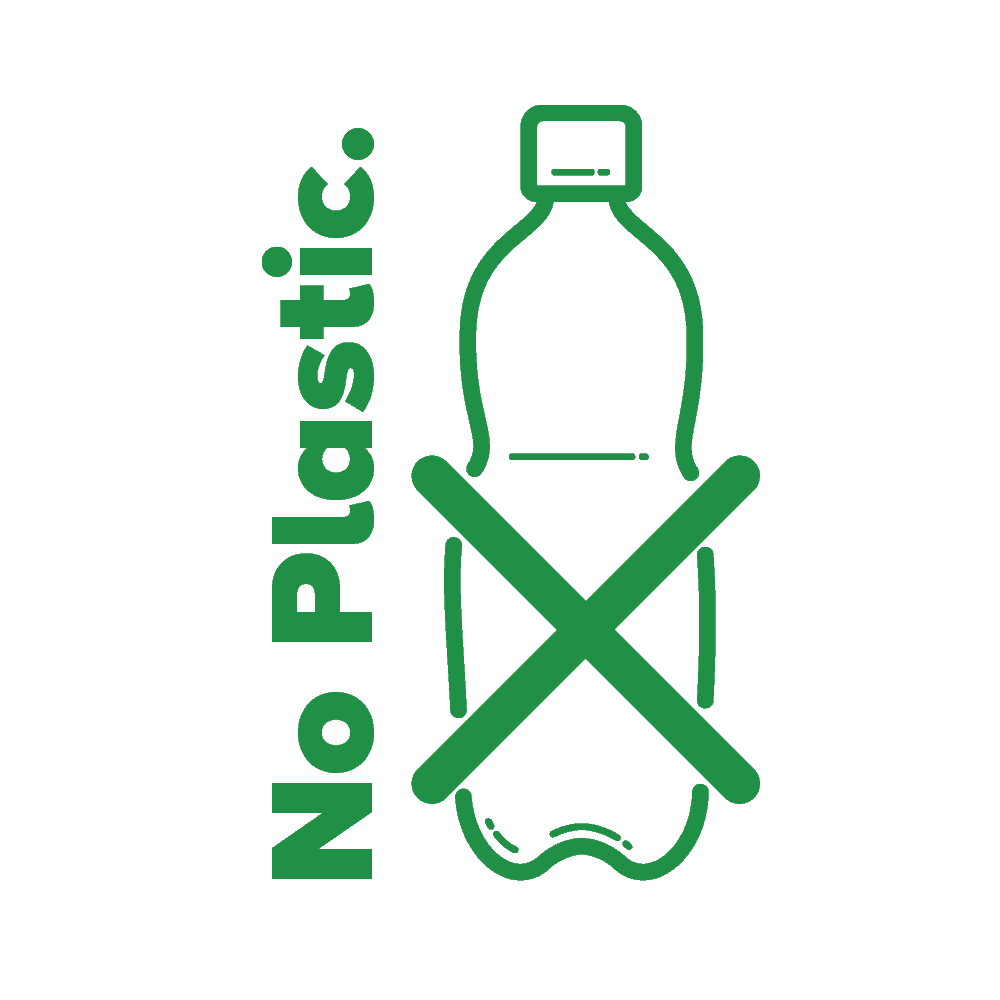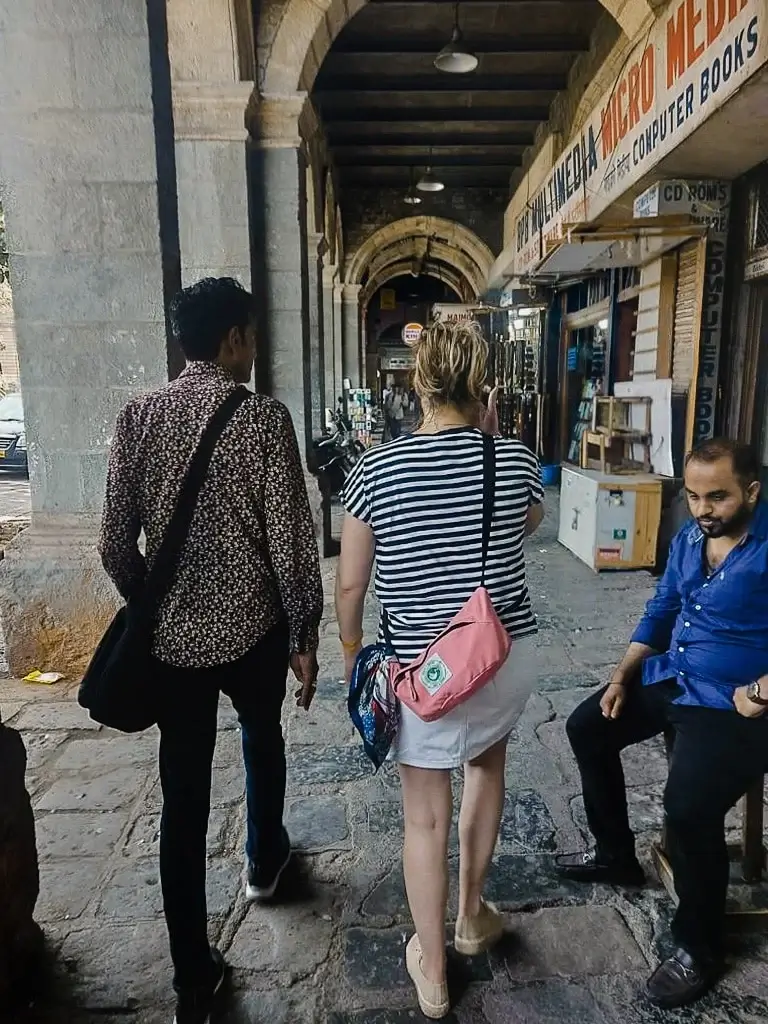What goes in, has to come out.
It’s the nature of nature that nothing lasts forever, so when it’s time to visit the great backpack in the sky, we are doing all we can to ensure that every component of every C+S product has the lowest long term impact on the earth.

What does this mean?
We fight against the use of plastic, or plastic like materials – including bioplastics, biodegradable plastics, compostable plastics (good read here) and ‘recycled plastic composition textiles’.
Why don’t you use recycled bottle fabric?
We’re often asked about recycled plastic bottles. In a nutshell turning old bottles into textiles is an extremely dirty and inefficient process (watch the video below if you have 5 minutes) that essentially ensures a plastic bottle is never recycled again. For example, once a bottle has been made into a textile product the next stage, beyond being donated/sold/gifted, mended or reused, is as rags and then landfill – adding to the 350,000 tonnes of textile waste the UK produces per year.
To add insult to injury, this landfill is often in a developing nation with less rigorous environmental standards than here in the UK (but that’s another story).
What about the new biodegradable plastic?
Recycling is good, biodegradable is brilliant, but when it comes to ‘biodegradable plastic’ we have to question why this material was ever developed. A biodegradable plastic bag requires processing at specialist industrial composting centres with heat and pressure. Home composting, or leaving it in the environment does not allow this plastic to degrade.
Experiments have shown a compostable plastic bag has the ability to hold a full load of shopping, 3 years after being submerged in both soil, water and the sea. When a compostable bag, coffee cup or piece of cutlery does enter the environment it is highly unlikely to decompose – a fact that many people and businesses don’t understand when buying these materials or products. You can consider it greenwashing, or just very clever marketing
As a side note, should a compostable bag enter the regular plastic recycling route, it contaminates the entire line, and can force a recycling centre to destroy an entire batch of otherwise good to go plastic.
We have found no reason to explore this as an option for any of our products, not even for packaging.

The Cora + Spink Process.
It’s simple not perfect, but we’re trying.
Our products are made from naturally occurring materials, predominantly cotton and metal. Whilst the metal buckles and fittings would take several years to degrade (oxidise), they will, eventually. The main outer bodies made of cotton will biodegrade given the right conditions within a year, the linings of recycled cotton will go faster.
An area of concern is our use of poly ethylene-vinyl acetate (PEVA) foam in the construction of straps and laptop padding. As this stuff does not degrade well over time (if at all). However, in our archives we have 2 classic 1950’s Scandinavian backpacks that make use of wool felt padding – reclaimed cotton felt is an area we’re investing and experimenting, but have yet to discover a material that meets our vegan criteria (contamination with sheep wool is a major problem).
Experiments and science.
As of June 2020 we have begun experimenting with getting materials to decompose in our own composting bins. The decomposition of our our specific cotton canvases is not just an interesting exercise, but can aid our understanding and therefore ability to improve characteristics of the canvases we develop in the future.
As research geeks, when we started looking into scientific/scholarly articles that discuss the decomposition of various materials, in the case of textiles and fabrics a lot of research appears to have been conducted on behalf of police and forensics. Without going into gruesome detail, decomposition analysis of the clothes someone has been wearing can give an indication as to how long they have been ‘left’.
Decomposition rates of cotton and polyester fabrics buried in soil at
Khao Yai Da, Rayong Province, Thailand.

Fun Fact
Since 2018 every Cora + Spink backpack, wallet and accessory has utilised reclaimed or recycled cotton lining and trims. We fell in love with this genuinely sustainable handmade cotton as it is composed of both new (virgin) and reclaimed cotton. In addition to being sourced through a co-operative that gives back to the workers here ensuring it’s genuinely sustainable, environmentally and socially non damaging.
This is a fully sustainable supply of a textile that is like no other, and one that we believe is the perfect partner in our backpacks.
Biodegradable is the name.
What a Cora + Spink backpack is made of and how long decomposition will take:
- Cotton canvas – 6 months to 10 years
- Leather – 5 to 25 years (reference only)
- Recycled/reclaimed cotton lining – 2 weeks to a year
- Metal fittings – 50 to 100 years
- Padding – 30 years to never.
- Threads and trims – 50 years to never.

Conclusion
As with all production there are always damaging processes, but with the right approach, study and research we can build on the work we’ve done over the last 4 years of making Cora + Spink (plus Tim’s 20 years of research on the subject) as environmentally balanced as it can be.
We hold hope for a future where people will not only see the benefits of the things they own, but the benefits in the past, and future of those people who make and recycle the products.
*we all know, that no matter how organised you are, at the bottom of every bag is ‘something’. Maybe not today, but someday you will have a bag gremlin.
Explore C+S backpacks here

